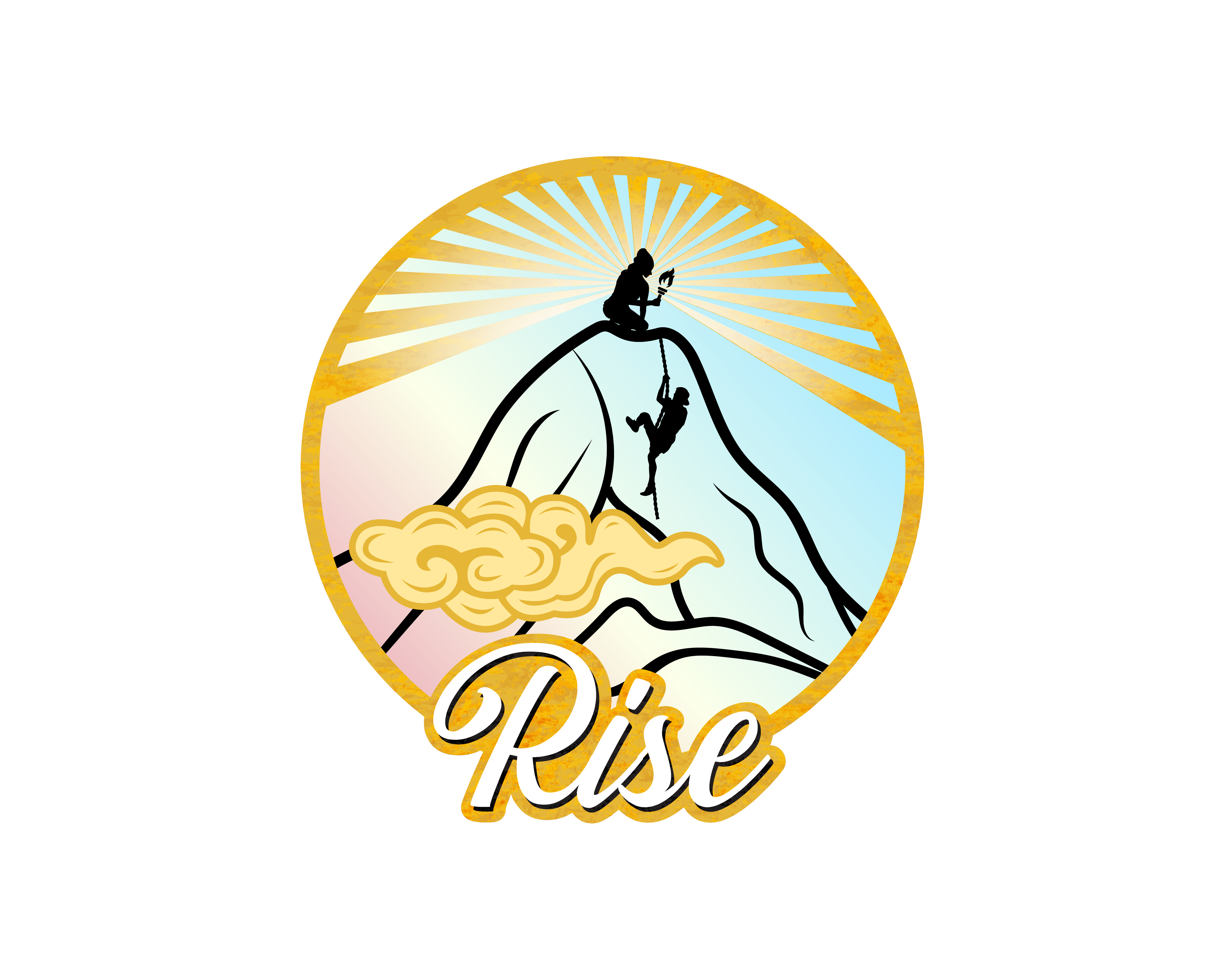It is much easier to be the one in the relationship pointing out faults than to be the person owning their own faults. Oftentimes, this turns into a battle of the egos with pride being the protector.
A victim mindset will always look for ways to rationalize why the relationship is not working and focus on how their partner is responsible for this. To turn the mirror around is the biggest challenge in this regard because it would mean that one would have to lower their pride and remove their ego in order to see a different perspective.
If you are reading this post, then chances are you are willing to let your guard down and take some responsibility. Part of you wants this relationship to flourish, even if it means you have to change a part of yourself.
I will share 3 common ways I see people subconsciously sabotage their relationship. If you find yourself in any one of these predicaments, solutions will be offered and I also offer my clients an opportunity to dive into why this behavior exists in the first place. To learn more, click here.
1. You are not as excited about this relationship anymore because your partner has changed.
Did you find yourself more attracted or more in love with your partner at the beginning of the relationship but as time passed, you’re not feeling as drawn to them? Before blaming them for changing and either nagging, pulling away, or leaving, consider what exactly has changed about them.
For example, maybe you loved how independent, driven, and motivated they were, but after getting into a relationship they lost the spark in that regards and when you spend time together it’s not that exciting.
What if they lost that driven part of themselves because you’re wanting to spend more time with them?
In this example, spending time together isn’t the problem, but if you’re asking for time that they would normally use to improve themselves, like going to the gym, reading, and doing a morning routine, then they aren’t going to maintain a peak state. They compensated their individual time for the relationship and as a result, they aren’t as vibrant, which may lead you to pulling away, and their confidence to go down.
If you want to preserve this person you fell in love with, they need to keep aspects of their individuality. Even if it means spending less time in the relationship. Quantity does not equate to quality. Fulfill your goals and interests on your own and make the time you do spend together in your best self that they fell in love with, because losing yourself in a relationship actually blindsides your partner as well. It is almost as if you emotionally catfished them if you change the very things about you they fell in love with at the start. To learn more about how this can be a subconscious behavior that effects sexual polarity, read this post.
2. You are more in love with their potential and thus try to change them.
Never get into a relationship based on potential unless this person is actively self motivated to pursue these goals. This will ultimately lead to unfulfillment and resentment because basically you are mirroring the very aspects of yourself that you lack and you expect them to be the person to fill it. You can’t mold your partner into the person you want them to be and then expect them to willingly agree and fully adopt this identity. This would mean that your love is conditional.
For example, “I will love you more if you got into better shape, made more money, had more interests, liked my interests more, spend more time with me, etc.”
It is better to embody your ideal partner and find self fulfillment first, and then get into a relationship where this person is comfortable in their identity and your connection is compatible and in alignment.
3. Your own fears of abandonment or cheating make you paranoid and distrustful of them, even if they did nothing wrong.
When you enter into a relationship without having first addressed your traumas and actively attempt to heal them, your partner gets the unfortunate role of taking on your baggage. It is not their job to be your savior and it is not their fault that you are hurt. To be compared to your previous toxic relationships or trauma with a parent figure when they aren’t even portraying the behaviors of these people will almost serve as a self fulfilling prophecy where they do act in this way, because they are assumed to be this type of person regardless.
Actively seeking therapy to work through these issues and gain a different perspective can save this relationship and take the load off this person so they can serve the role they agreed to, which is being your loving partner.
If you engage in one, two, or even all three of these behaviors, don’t worry, the relationship can still be saved. Start by taking ownership of your responsibility when things go south, admit your faults and come up with solutions together on how to improve this relationship. Your own self improvement will often inspire your partner’s growth so don’t give up on them if they are seeking help and actively trying to improve. These are opportunities to grow stronger together.

